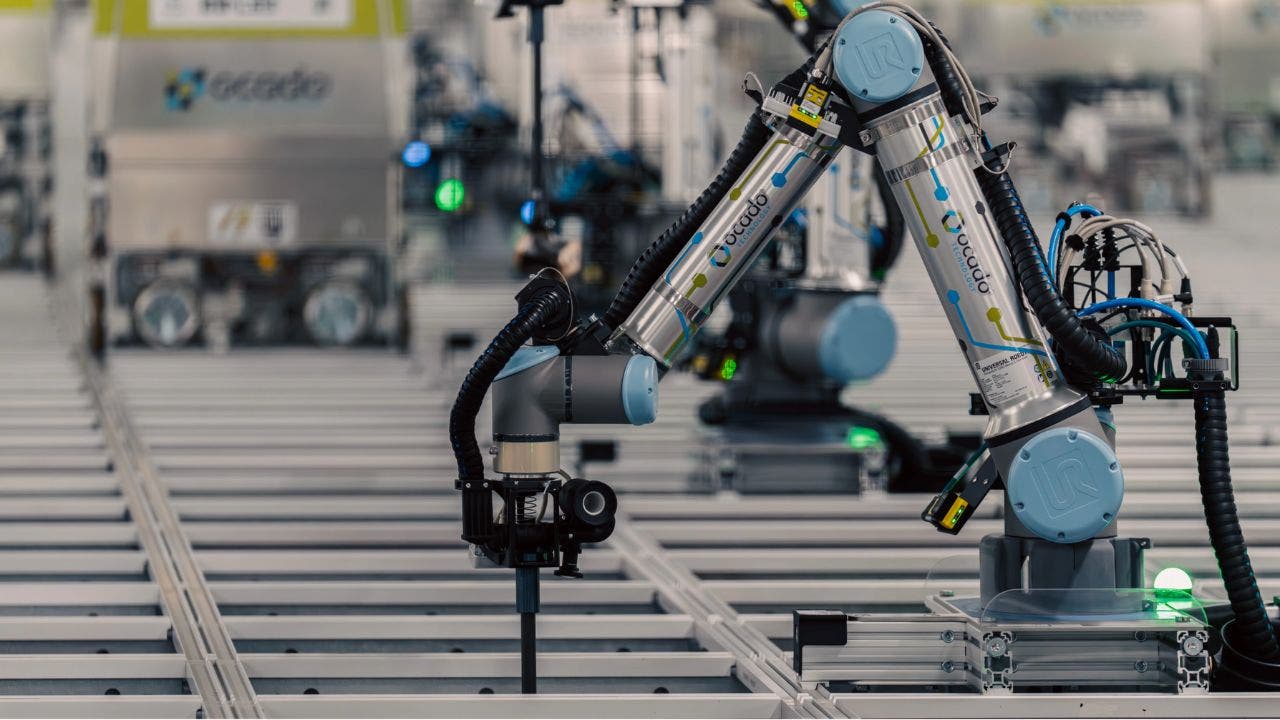TikTok's Future in the U.S. Remains Uncertain Amid Trade Tensions

The ongoing saga surrounding TikTok's operations in the United States has taken yet another turn, as recent discussions between key stakeholders reached a critical juncture. According to sources speaking to ABC News, Vice President JD Vance has been at the forefront of the negotiations aimed at restructuring the social media giant’s U.S. operations.
After lengthy months of deliberation, a tentative agreement was reached on Wednesday to transfer control of TikTok’s U.S. business to a newly formed company with a majority of American ownership. This arrangement is seen as a strategic move to alleviate national security concerns regarding data privacy and foreign influence in American technology. Key investors involved in this deal include heavyweights such as Oracle, Blackstone, and Andreessen Horowitz, alongside the Chinese parent company, ByteDance, and officials from the Trump administration.
According to the terms of the agreement, President Donald Trump was expected to sign an executive order authorizing the deal this week. This would initiate a 120-day period dedicated to finalizing the necessary paperwork and financing arrangements. Importantly, under the proposed structure, ByteDance would retain a minority stake in the new entity, ensuring it falls within the 20% ownership limit imposed by Congress as a response to security concerns.
However, the deal’s fate appears to be precariously tied to external factors, particularly the stance of the Chinese government. All parties involved had initially anticipated that Beijing would greenlight the agreement without delay. However, the situation took a turn when, on Wednesday afternoon, President Trump announced new tariffs on Chinese imports.
This unexpected move prompted ByteDance representatives to reach out to the White House the following day, indicating that the Chinese government would hold off on approving the deal until further discussions regarding these tariffs were undertaken. As a result, the agreement now hangs in limbo, caught in the crossfire of the escalating trade war between the United States and China.
In a subsequent announcement on Friday, President Trump revealed that the deadline for TikTok to either be sold by its Chinese parent company or to face a ban would be extended. The original deadline of April 5 has now been pushed back by 75 days, marking the second time the deadline has been altered since Trump took office. This extension reflects the complexities and ongoing challenges in negotiating a deal that satisfies all parties involved.
Despite the uncertainties, both investors and the White House are reportedly maintaining their positions, with no immediate plans to renegotiate the terms of the agreement. The revival of the deal appears contingent upon future developments in U.S.-China trade relations, highlighting the intricate entanglement between international economics and technology governance.
As the situation develops, many are watching closely to see how the negotiations will unfold and what implications they may hold for the future of TikTok in the American market.



























